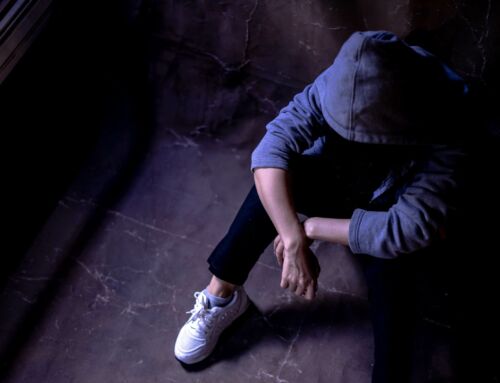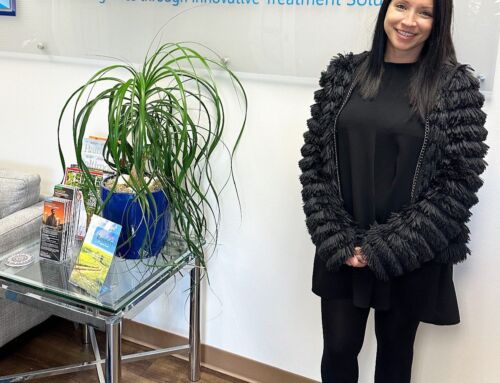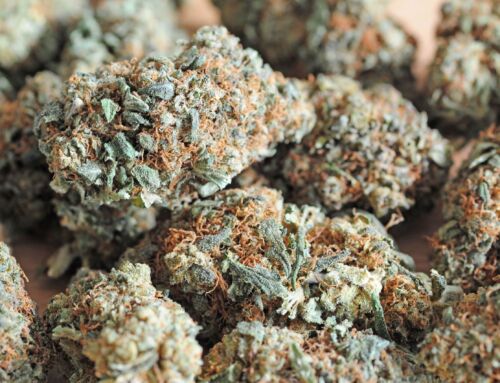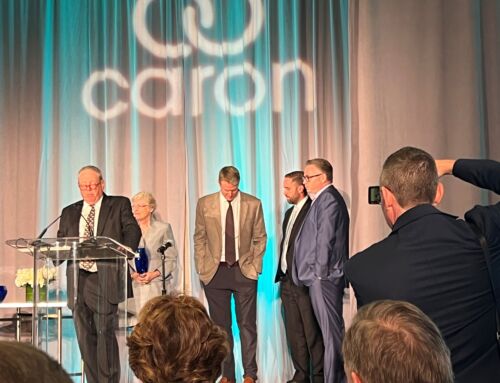One of the most helpless feelings when being a parent is to have a child who is suffering in active addiction but refuses to seek help. The role of a parent is to love their child, protect their child, and prepare their child to be successful as they enter adulthood. Addiction can rob both the parent of that role as well as the child of that successful quality of life. There is no manual for parenting, but for parents who are dealing with a child that suffers from addiction, there is even less understanding of what to do, how to help, and making sure that they do what is best for their child (even though there is no black and white answer and often how to best help a child with active addiction is different from one situation to the next.)
Parents can feel lost, hopeless, confused, frustrated, angry, sad, bitter, and hundred of other emotions. Their lives can feel like roller-coasters. They consistently can find hope and security, only to have those things shattered in an instant. Parents can feel like it’s their fault. They can feel embarrassed and ashamed. They can blame others for their child’s struggles. There is no one way parents will feel as the parent of someone with substance use disorder, and there is no right or wrong way to feel or to handle the situation. They can grieve. They can get physically sick from worry. They can pray “I just hope they get arrested, so at least I’ll know where they are and that they are alive and safe for the night.” Marriages can suffer. Parents will often become traumatized by the situation. There are many experiences of parents having PTSD trauma-responses while dealing with their child’s addiction.
So, what can parents do? They know their child is suffering from addiction but their child refuses to get help. What can parents do if they’ve tried every option to get their child help and they still won’t seek it? Perhaps they have tried love and support? Perhaps they have tried “tough love”? Perhaps they have set rules or given consequences? Perhaps they have tried cutting off their child, to force them to get help? Perhaps they have bargained or tried to persuade them? Perhaps they have helped them financially, hoping that would help? Perhaps they have cleaned up their child’s financial or legal messes? Perhaps they have tried a reward system? Perhaps they have pleaded with their child? Perhaps they have even brought in law enforcement or the courts? But what if nothing works? What if their child just simply refuses to get help, even though they need it? What can the parents do?
Here at Maryland Addiction Recovery Center, we see this situation play out in hundreds of different scenarios, but the overall theme is a parent calls us knowing their child needs help for addiction, but they have tried everything, and their child still won’t accept help. What can these parents do?
Well, we have some suggestions. Many parents don’t necessarily want to hear them, but across the board, they are the suggestions that many parents need to hear. And the overriding theme is, you can’t force an adult to accept help, but you can get help for yourself. “Help for myself?” they question, “But I’m not the one with the problem!” True, the parents are (often) not the ones suffering from addiction, but they have been impacted by addiction, have dealt with a very troubling and stressful situation that has impacted their lives, have created negative coping mechanisms and dealt with trauma because of the situation, and they are still feeling many of the negative emotions surrounding the situation. Parents of children in active addiction need help too! And often when parents seek their own help and find some sense of healing, their children ultimately follow.
Here are some suggestions we give to parents we speak with that have children who refuse to seek help for their active addiction.
-
Seek Out Clinical Help
Finding a therapist or a counselor to help you deal with some of the clinical issues that have arisen from your child’s addiction is vital. You need a professional to talk to that can help both guide you in overcoming the issues brought up by your child’s addiction as well as offer some education and understanding about what your child is going through. Often couples will have a strained relationship due to their child’s addiction. A marriage and family therapist or couple’s counselor is key to helping you work through those issues.
-
Seek Out Professional Help
Outside of the clinical space and seeing a therapist, there are also many other types of professional support. One example that we utilize here is family recovery coaches. Local family recovery coaches, like our friend and colleague Jill Prevas of Family Recovery Support, LLC, offer a systematic approach and program to help parents deal with their child’s addiction as well as many of the issues that have come up due to dealing with the addiction on a daily basis. Other examples of professional help could be employing the services of an interventionist. Many interventionists will work with the family not just on intervening on their loved one and getting them to treatment, but also work with the family pre-intervention, while the loved one is in treatment, and for a long period of time after the child leaves treatment to offer case management services, monitoring, and support.a
-
Seek Out Peer Support
Here at Maryland Addiction Recovery Center, we offer a free parent and family support group in partnership with Caron Treatment Centers every Wednesday evening. This is a group of parents that have gone through (or are going through) what you are going through. Many of them have dealt with these issues and overcome them. This peer-to-peer system allows parents to hear what other parent’s experienced, what worked or didn’t work for other parents and their children and creates a strong peer support system to help you through these issues. There are many similar type peer-to-peer support groups in communities nationwide.
-
Seek Out Community Mutual Help Groups
Groups like Al-Anon and Nar-Anon (12 Step fellowships) have been around for decades and often can provide both fellowship and support for the parents, as well as a spiritual solution in the form of the 12 Steps that aid parents in seeking their own path of recovery.
If you or someone you know needs help for active addiction or co-occurring disorder issues, please give us a call. Maryland Addiction Recovery Center offers the most comprehensive dual diagnosis addiction treatment in the Mid-Atlantic area. If we aren’t the best fit for you or your loved one, we will take the necessary time to work with you to find a treatment center or provider that better fits your needs. Please give us a call at (410) 773-0500 or email our team at info@marylandaddictionrecovery.com. For more information on all of our drug addiction, alcohol addiction and co-occurring disorder services and recovery resources, please visit our web site at www.marylandaddictionrecovery.com.
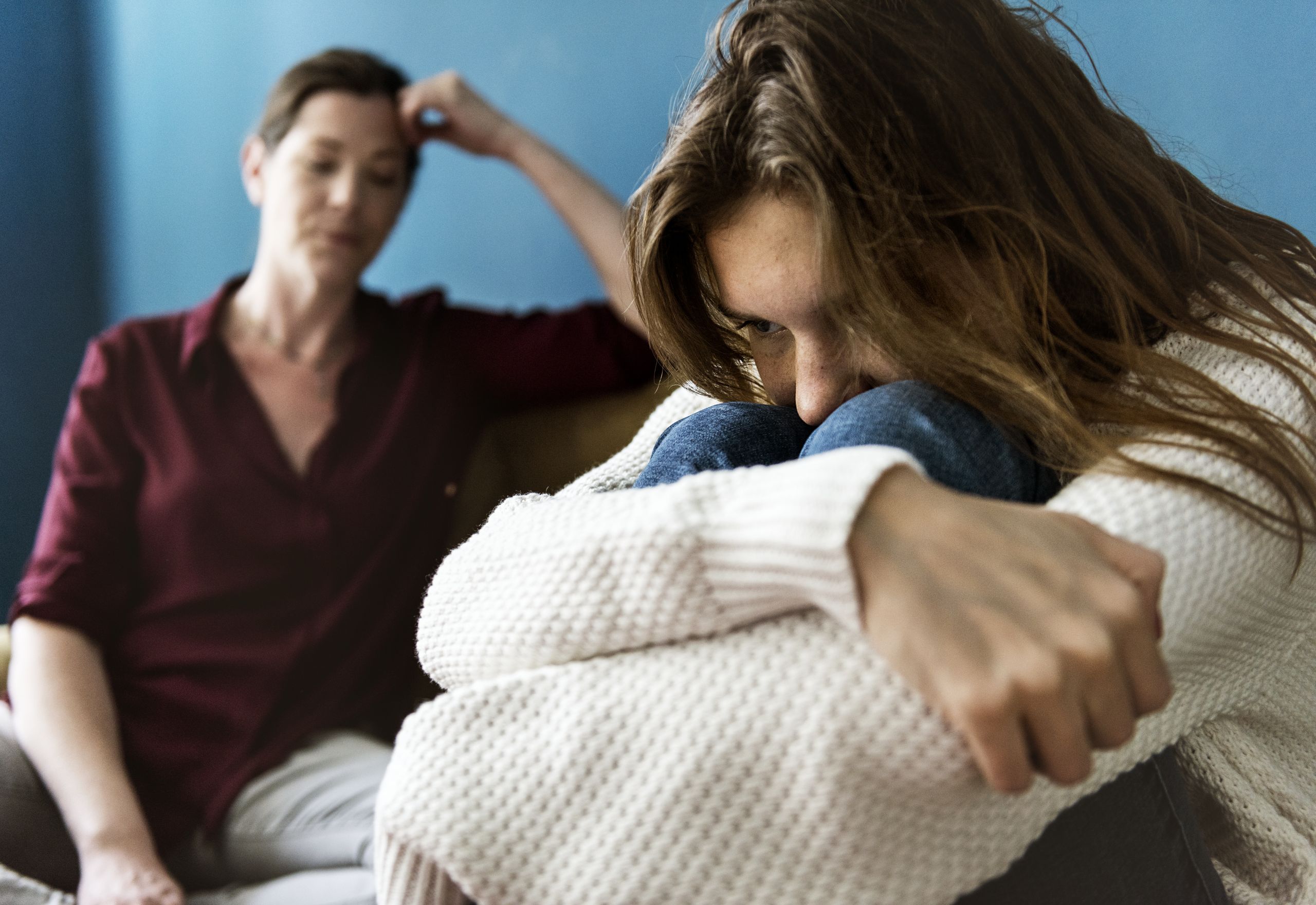
Table of Contents

